IAEA politicized approach to Iran Nuclear deal
The US message to Iran has been quite clear, humor the IAEA once more, and nuclear related sanctions will be lifted, this time.
But although Iran may have been somewhat naive before it is far wiser now. Humoring other parties to the JCPOA or the IAEA would only result in more pedantic word play. Iran has complied with deal even beyond its obligations, since the 2015 signing of the JCPOA, and the IAEA has borne witness to this 15 times no less.
The latest allegations, miraculously floating around now all of a sudden, just before another signing, can only be because that neutral technical agency has become politicized.
A recent resolution passed by the IAEA’s board of governors calls for Iran to disclose 3 sites claimed to be contaminated by nuclear particles, allegedly a sign of illegal nuclear activity.
Who made the claim and based on what findings? If true, when does the contamination date back to?
The Israeli claim aims to move the focus of attention away from the negotiating table in Vienna.
The US and partners hope to distract Tehran into giving more concessions during each round talks, however, the Islamic Republic of Iran has is doing its own thing in the meantime.
The Agency’s recent report, is replete with phrases such as “possible presence”, “possible use or storage”, and “possible … conduct of nuclear related activities”.
So its requests for checks are based on invalid and safeguards-irrelevant information which are neither publicly available (open-source information), nor valid and verifiable. This is certainly not consistent with the agency’s charter, while the claims of nuclear contamination are also stale.
They have never been satisfied with Iran's explanations, Iran has been saying, Okay, if you've got four questions, please tell us, let us know how many questions you have got.
You've got four questions. Okay, these are the answers. Then If you have eight questions, 10 Questions, when and where are these questions going to end?
Iran Offered all possible explanations, whatever data it had, in March. So the IAEA never stops. Actually, this is a political instrument in the hands of the United States and its European allies.
They want to keep the pressure on Iran alongside having a deal, so that in about six months, one year from now, they could go for buyer's remorse and ask for more, and more, and more concessions from Iran.
Mostafa Khoshcheshm, Political Analyst
The allegations are over 15 years old. All those allegations, all outstanding past issues regarding Iran’s nuclear program, have already been considered and closed by the Board resolution 2015/72 on 15 December 2015. That was the whole idea of the JCPOA to begin with. Trust in return for Iran’s transparency.
The delay in reaching an agreement is more of a loss for them than it is for us, we have moved past the most impactful era of sanctions, our people were patient despite the pressures imposed on them and helped us showcase economic resistance in our country.
Meanwhile our nuclear program developed considerably, and all parties monitoring the program acknowledge Iran’s capabilities in this program.
And furthermore, the delay caused by domestic political issues in the US is also recognized by political analysts.
Abolfazl Amui, MP, Nation Security & Foreign Policy Committee
Even domestically, it is believed that signing the deal will not really be in favor of the Islamic Republic of Iran. Why? Because oil prices may drop, which will lead to a budget deficit for the country.
So there is no severe enthusiasm in the administration to sign the deal. Although we are experiencing some difficulties in the current process the administration understands that oil sales are challenging as they are conducted now, and this could be much simpler.
All in all, the administration knows that signing the deal doesn’t lead to any instant benefits. Therefore, the 13th administration did not enter the stage with a complete focus on signing the deal. You can see the signs in our cooperation with China and Russia, regional agreements and Shanghai cooperation.
Hamed Berouzi Movaffagh, Fars News
Iran made it clear it would not open its territory to nuclear inspections only based on continuous allegations provided by its own enemy. It was as a result of the JCPOA that Iran exposed itself to snap inspections by the nuclear watchdog, the IAEA, and so to espionage.
“Since the (UN nuclear) agency can disrupt the implementation of the agreement and Iran's benefits from it by making unsubstantiated claims, Iran insists that these remaining issues (between the two sides) be resolved before the implementation of the agreement.”
Abolfazl Amui, MP, Nation Security & Foreign Policy Committee
Now Iran is not just demanding guarantees for the removal of sanctions, but also for concluding IAEA investigations into alleged past nuclear activity.
One of the issues that is significant for us, that must be addressed by the Iran and P4+1 joint committee, is the issue of guarantee. Sufficient guarantees must be made that the American party won’t repeat its illegal action in 2018.
If we are to reach an agreement, we emphasize that it must be sustainable. Iran should be able to reap the economic benefits. Achieving a vulnerable deal won’t be of any help in solving issues they created for Iran’s foreign trade.
In regards to guarantees, we made some suggestions. They were agreed upon in principle, but there are details in the fine print that must be addressed with more accuracy.
In regards to the removal of sanctions, which is our main demand, we emphasized that these sanctions must be removed effectively. Simply removing a few titles on a piece of paper won’t do any good, rather the sanctions must be lifted in a way to effectively remove the limitations imposed on Iran’s foreign trade.
Abolfazl Amui, MP, Nation Security & Foreign Policy Committee
Iran has shown good will toward the agency in embracing inspections.
As a result of the JCPOA, Iran implemented the Additional Protocol of the nonproliferation treaty, provisionally and voluntarily.
With 432 inspections in 2019, it has received more than 20 percent of the Agency’s total inspections globally; Iran granted 33 “Complementary Accesses” to the IAEA in 2019, and a number of inspectors have been constantly present.
While Iran ceased the implementation of some of its commitments under the JCPOA, the Agency’s verification activities have not been affected by such remedial measures.
Iran asks member states: would you be ready to engage with the Agency based on unsubstantiated allegations made by your adversaries?
The agency has also referred to the uranium metal production experiments.
This means the Agency has totally disregarded all past relevant verification activities including its previous report on the reevaluation and assessment regarding possible discrepancy, documented as GOV/2015/68.
This report affirms : “Agency re-evaluated this information in 2014 and assessed that the amount of natural uranium involved was within the uncertainties associated with nuclear material accountancy and related measurements”.
The Israelis that have been attacking everyone, they've been attacking all neighbors. They've been attacking Syria, unprovoked, they've been killing children, journalists, Palestinians, they have been conducting occupation for decades and the occupation is encroaching still, and they are not a member of, nor a signatory to, the NPT but they have actually 200 to 400 nuclear warheads.
According to, even a US officials such as Jimmy Carter, the former US president, who put the number somewhere around 300, I believe, or a former US Air Force Commander, so there is no denial of that.
And the IAEA has never pressured Israel to open its gates, nuclear facilities, to international surveillance and monitoring and inspection.
Mostafa Khoshcheshm, Political Analyst
This politicization by the board of governors of the IAEA, a supposedly impartial technical body, will only undermine its credibility in passing judgment.
It will undermine the current level of cooperation between Iran and the Agency.
Fabricators of evidence
The claims are based on fabricated evidence, Iran insists. But even if there were any truth to it, they’re out of time and place. You want to determine the nature of a faucet, look for the source.
In Iran’s case, if not Israel, it’ll typically be the MKO. One a usurper, the latter a traitorous terror cult group of victims to their leaders.
Israel has no regard for any international regulations.
Israel, which is not a member of any arms control and disarmament instruments, has not opened any of its nuclear installations to the Agency’s inspection, and is known to possess all manner of WMDs, and which has demanded Iran cooperate closely with the Agency.
We must accept this fact; we are facing a reality in which all the parties that we are facing in the negotiations are working together.
It’s easily stated that Israel is against the negotiations and the JCPOA. That’s not true. That’s their division of labor; Israel is the bad cop in this scenario, and France, and EU countries. The US is the good cop in the story, and that’s an obvious division of labor among them.
That’s when we get a positive sense about the negotiations, assume that something else has happened and they have changed their plan.
No, there’s no change in plans. We are still stuck in the same process.
Hamed Berouzi Movaffagh, Fars News
To look at the time frame more technically, Tehran demands the IAEA probes that focus on uranium particles said to have been found at several Iranian sites be closed ahead of “reimplementation day” — 120 days after a new nuclear deal is signed.
This is while Americans told us to solve the issue with the IAEA as there is no reason to link it to reimplementation day and if we do link the two, we risk delaying the lifting of sanctions.
US officials hope the fact that Iran gets most of its sanctions relief only after reimplementation day will give the Iranians an incentive to continue implementing the agreement even if the IAEA investigations are not closed.
Iranian President, Ebrahim Raisi, asserts that resolving the IAEA investigation issue is a pillar of any nuclear deal and without it, “It is meaningless to talk about an agreement."
These issues must be sorted out; I mean, addressing the IAEA’s “safeguards issues” about Iran’s nuclear activities is of the utmost importance.
These issues need to end if an agreement is to be clinched.
Without resolving safeguards issues, talking about an agreement would be meaningless.
Ebrahim Raeissi, President of Iran
According to the draft nuclear deal presented by the EU, the agreement's implementation would take place in several stages.
Stage three — reimplementation day — is expected to take place four months after the nuclear deal is signed. In this stage, Iran is expected to finish implementing all of the limitations on its nuclear program and resume the full IAEA inspection regime on its nuclear sites, the sources said.
The US, in return, would lift all secondary sanctions on Iran. Again, that’s their offer, coercion, or whatever one might call it.
Iran may play along. But the hard fact is that as long as nothing changes, except for throwing more accusations at Iran as soon as we get close to a signing, there’s going to be no signing.
They use this tactic very often. There are three or four words, general words and clauses and effects. They are all about removal of sanctions.
We have asked the questions, the specific questions to narrow down the meaning and to nail exactly the meaning of each and every word in specific terms. And they have explained, in part, but some of our questions have been returned with like more general wordings.
It's pretty well clear. It's very much disclosing,… it signifies and discloses, actually, how the United States wants to keep the door open for future defiance. It shows their ill wishes and ill will for this deal because the United States has never been after conflict resolution. That's why they are not specific [sic].
Mostafa Khoshcheshm, Political Analyst
Rafael Mariano Grossi, Director General of the IAEA, has been on multiple trips to Iran since taking office in December 2019, but then he visited Israel at a most sensitive time to discuss Iran’s nuclear programme.
And the anti-Iran resolution was passed by the watchdog right after, in June. The resolution demanded access for IAEA inspectors to three supposedly “undeclared sites" in Iran.
Grossi said Iran must answer the IAEA over uranium traces found at previously “undeclared sites” as part of the Nuclear Non-Proliferation Treaty (NPT) safeguards agreement.
The following day Seyyed Mohammad Marandi, adviser to Iran’s nuclear negotiating team, tweeted:
“No deal will be implemented before the IAEA Board of Directors permanently closes the false accusations file.”
The UN nuclear body has literally been “taken hostage" by Israel, according to Iran’s atomic energy agency.
Iran and the IAEA are both adamant and unwilling to budge from their respective positions. But Iran’s argument is 2 times 2 makes 4. So will the IAEA loosen up, as the West seems bent on getting a deal?
They are using this issue to gain more concessions right now. Our analysis of Israel must be realistic, Israel is not against the negotiations, it is just helping the US in its play.
It wants the US to gain more concessions. Otherwise no one is against the negotiations.
Biden is not like Trump, and he realized the mistake Trump made by exiting the JCPOA. Now they have returned, but now they’re trying to get more concessions. Who will further this play?
Naturally, Israel as the bad cop, and the IAEA as a political tool.
Hamed Berouzi Movaffagh, Fars News
Since Iran, the US and other world powers reconvened in Vienna earlier this month for talks on restoring the nuclear deal, which Washington unilaterally abandoned in 2018, there has been speculation that Tehran has abandoned its demand that the investigation be concluded.
Comments from President Raissi and other Iranian officials in recent days signal that Tehran has not backed away from the demand, but may be open to having it negotiated in the text of the agreement.
AEOI spokesman Kamalvandi said: “Iran will accept verification of its nuclear activities beyond the Safeguards Agreement only if the parties to the 2015 nuclear deal — officially known as the Joint Comprehensive Plan of Action (JCPOA) — fulfill their obligations per the agreement and lift the sanctions against Tehran”.
The IAEA said that Iran’s stock of uranium enriched to up to 60 percent purity has grown well above the amount required for a nuclear bomb, if enriched further.
In the 2015 JCPOA agreement, we agreed to voluntarily implement the additional protocols. And we implemented it voluntarily up until a year ago, and through that we gave the IAEA a substantial opening to monitor our nuclear program. We did it so the agency could report to various councils that Iran possesses a nuclear program with no deviations. We provided this opportunity but in occasions, we saw that the more access we gave to the IAEA, the more questions they asked. Instead of providing transparent reports to solve the remaining issues, they created more challenges.
Abolfazl Amui, MP, Nation Security & Foreign Policy Committee
https://www.presstv.ir/Detail/2022/06/09/683629/Iran-IAEA-Relations
Tehran’s measures came in response to the unilateral withdrawal of the United States from the JCPOA in 2018. Pulling Washington from the 2015 deal the then-president, Donald Trump, imposed severe economic sanctions against Iran in what he called “maximum pressure policy” in a bid to reach a “better deal.”
The intent of the JCPOA was to limit Tehran’s nuclear programme in return for lifting economic nuclear-related UN sanctions on Iran. When Trump pulled out of the deal in May 2018, Iran started reversing out of its obligations, leaving a path open to reimplementation if other western parties to the deal would secure its economic interests and right!
Iran did wait a year at first.
Then in May 2019 it started reducing its commitments, in conformity with paragraph 36 of the JCPOA, in clear and pre-announced steps and under the supervision of the IAEA.
When the 11th parliament took office, one of the first things it did was pass the strategic action bill, where JCPOA restrictions were explicitly lifted. Enrichment levels were increased and more equipment was installed.
We developed our nuclear program extensively, and our enrichments level is something that is already frustrating the western parties. So is our nuclear breakout, according to them, and I think we are at a stage in nuclear research and development that, even they realize, is past the point of no return.
That means we are not very enthusiastic about the JCPOA, but we have made commitments before that we would rather benefit from. If it goes through, that’s great. But if it didn’t pan out, we are confident in our other endeavors, which are actually more essential.
Hamed Berouzi Movaffagh, Fars News
The main reason behind the signing of the JCPOA was to terminate accusations against Iran’s peaceful nuclear program; 20 years of accusations. If further nuclear talks mean further accusations, then why should Iran sign a new JCPOA at all?
The IAEA ended Iran's weapons probe in 2015. This would end its 12 year investigation into concerns that Iran might be developing nuclear weapons. The agency concluded that Iran conducted nuclear weapons related research until 2003, and to a lesser extent until 2009, but found no evidence of this since.
Hinging on these findings it was agreed sanctions would be lifted. Former Iranian Foreign Minister, Mohammad Javad Zarif, welcomed the Vienna based nuclear watchdogs announcement saying: "This resolution goes far beyond closing the issue of the so called PMD (possible military dimension) and cancels all 12 previous resolutions of the Council of Governors of the IAEA which seriously restricted our country's nuclear program".
Now, before signing the nuclear deal or JCPOA, Iran wants the IAEA to end its investigation, just like in 2015
The fact of the matter is, in regards to technical cooperation with the IAEA, we have formed an extensive and preeminent cooperation.
We have always provided the required explanation when there have been any points of ambiguity.
But beyond that, Iran cannot tolerate when the other party uses the IAEA body as a political pressure point.
That’s why one of our main demands in the negotiations is that if the other party should help Iran close this case if it aims to express its goodwill, achieve a lasting agreement and be Iran’s partner in fulfilling its commitments.
We can’t expect Iran and IAEA cooperation to expand if this case isn’t closed, and there won’t be a deal.
Abolfazl Amui, MP, Nation Security & Foreign Policy Committee
‘Narcissistic psychopath’: Netizens mock Trump over letter to Norway PM on Nobel Prize
Israeli forces demolish UNRWA buildings in occupied East al-Quds
Trump lashes out at allies over Greenland, shares private texts online
Iran’s Armed Forces will cut off any 'hand of aggression' against Leader: Spokesman
VIDEO | Foreign hands, failed chaos
Russia’s Lavrov condemns Western plots for ‘regime change’ in Iran
‘No natural uprising’: Prominent global voices on US-Israeli role in engineering Iran riots
Trump threatens 200% wine tariffs on France to push Macron to join Gaza board


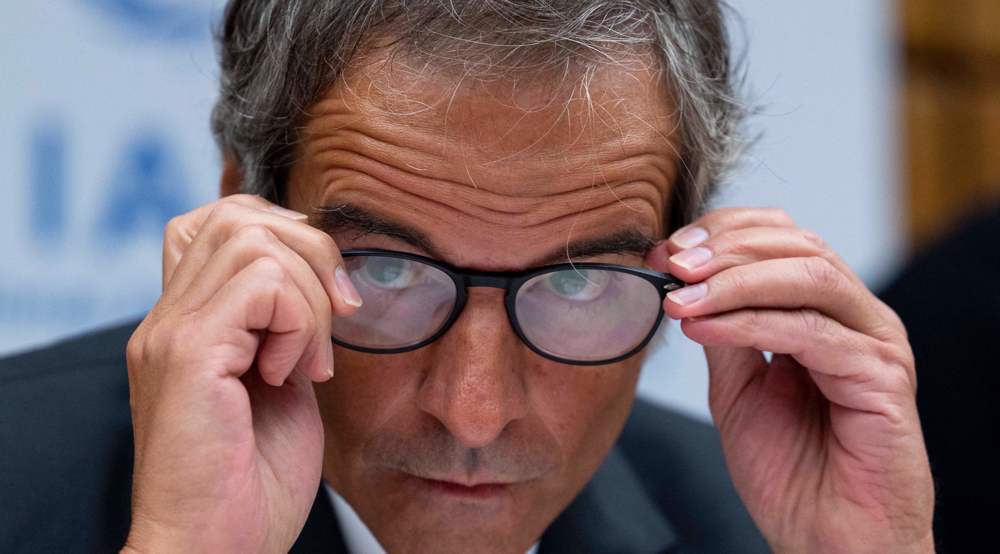
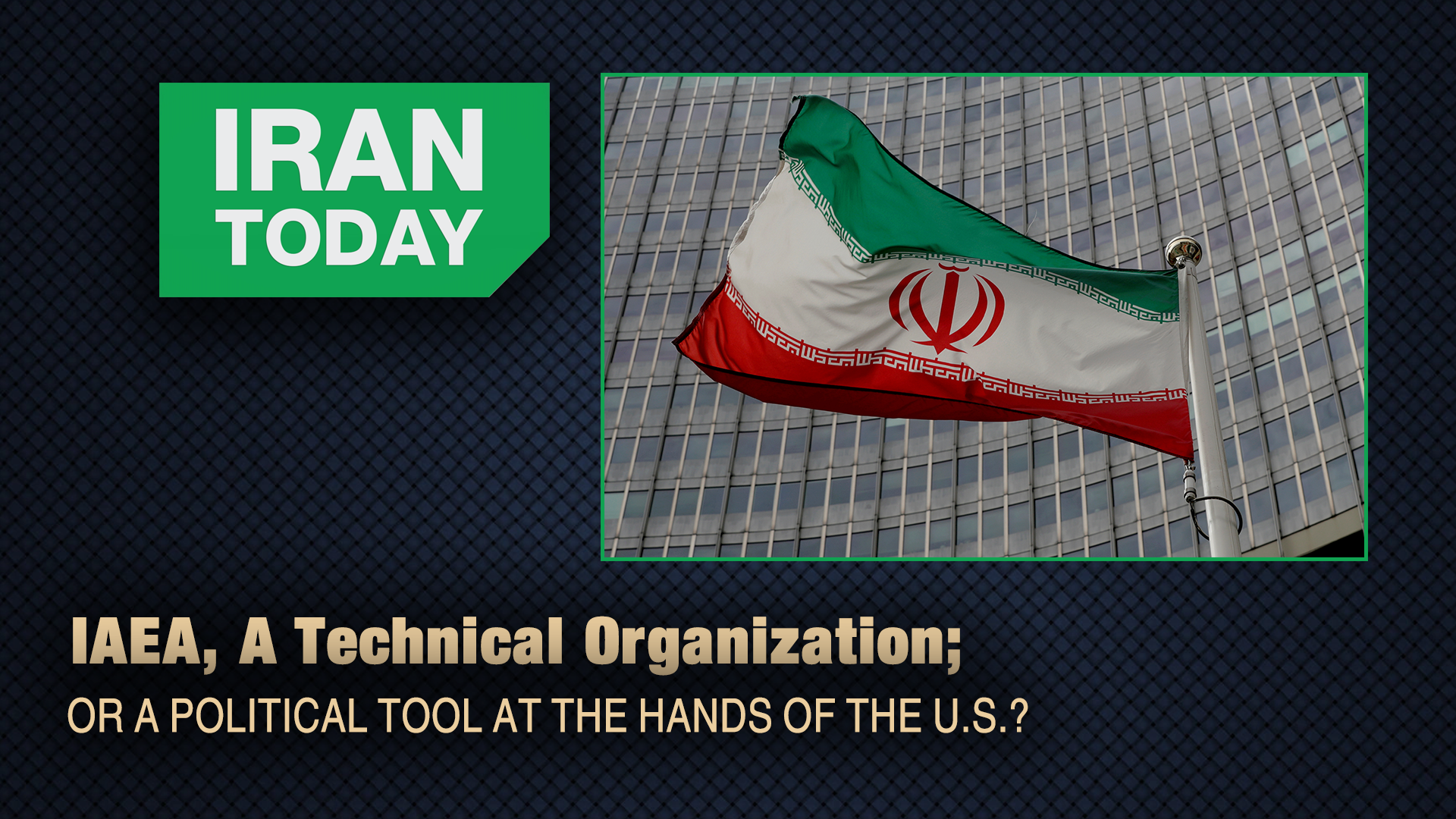
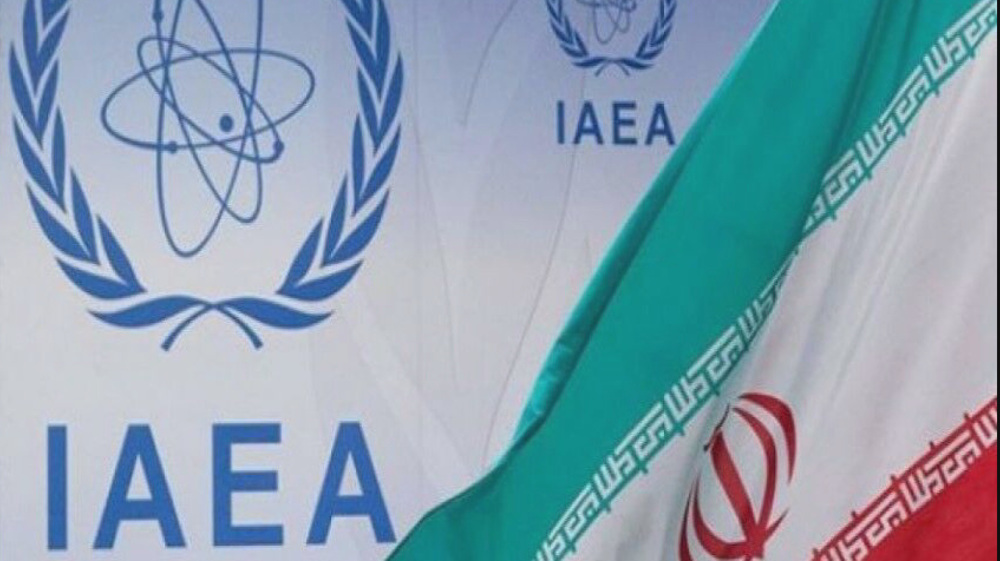
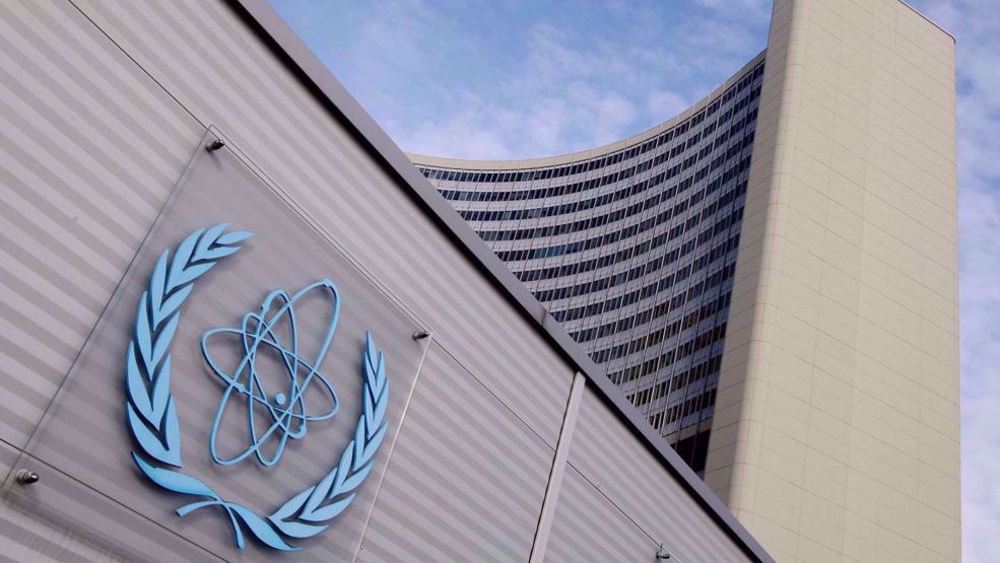
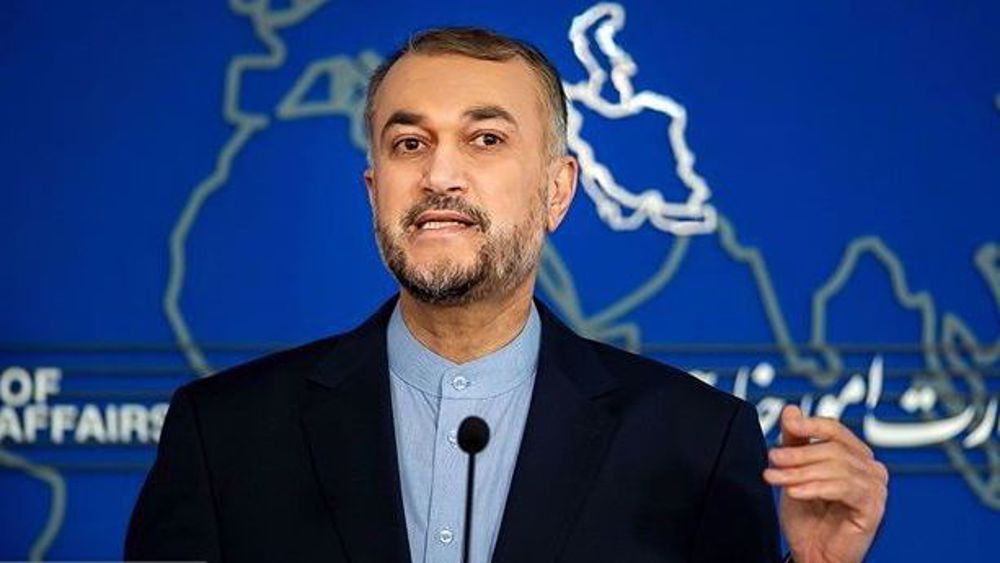
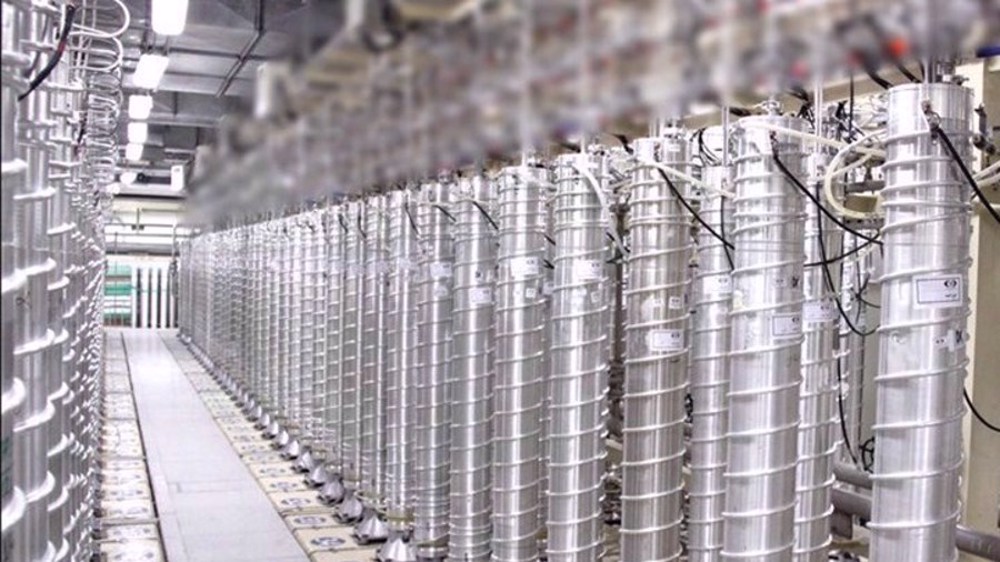
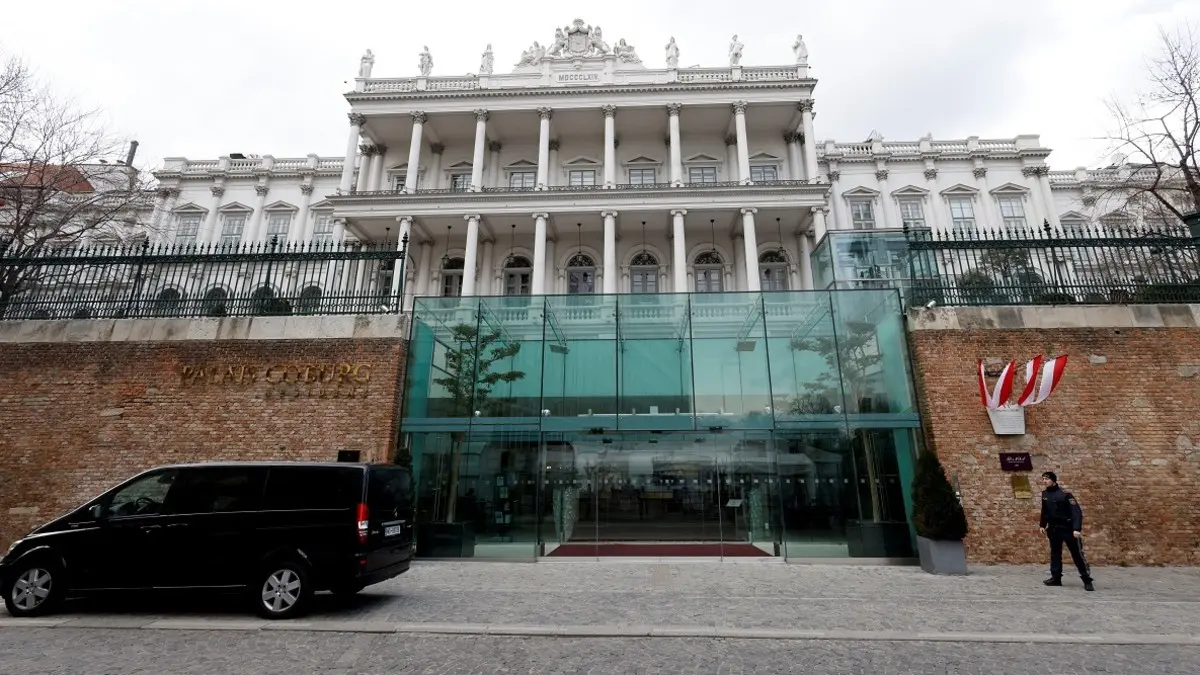
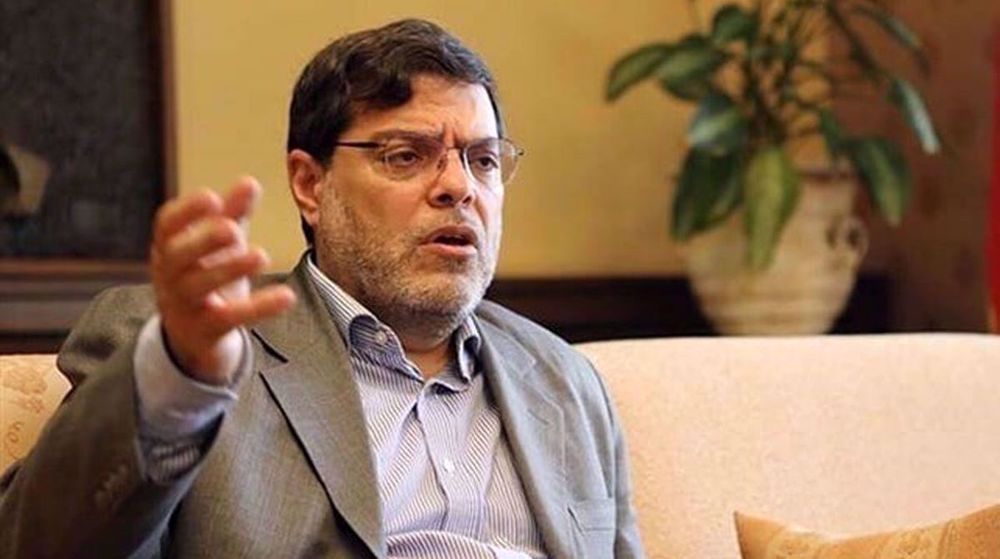
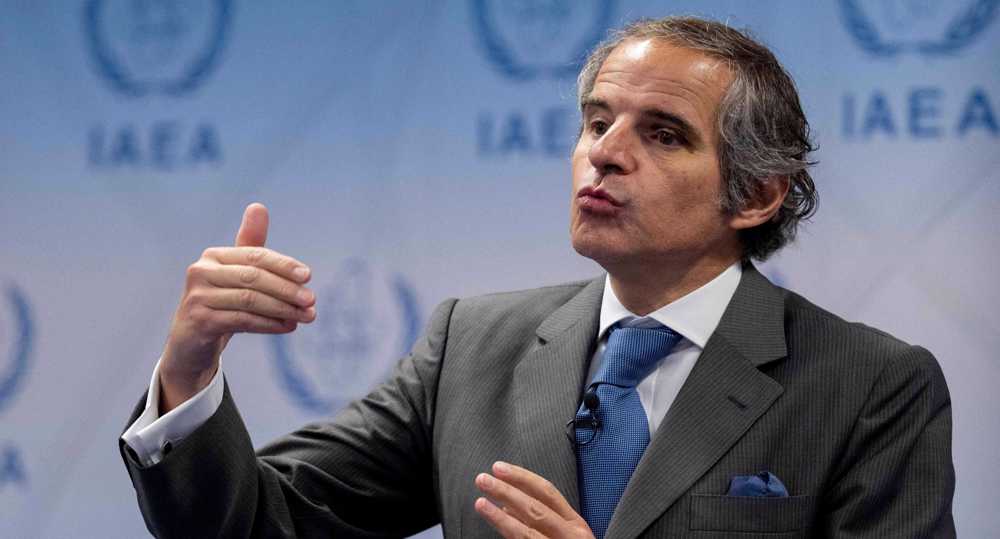
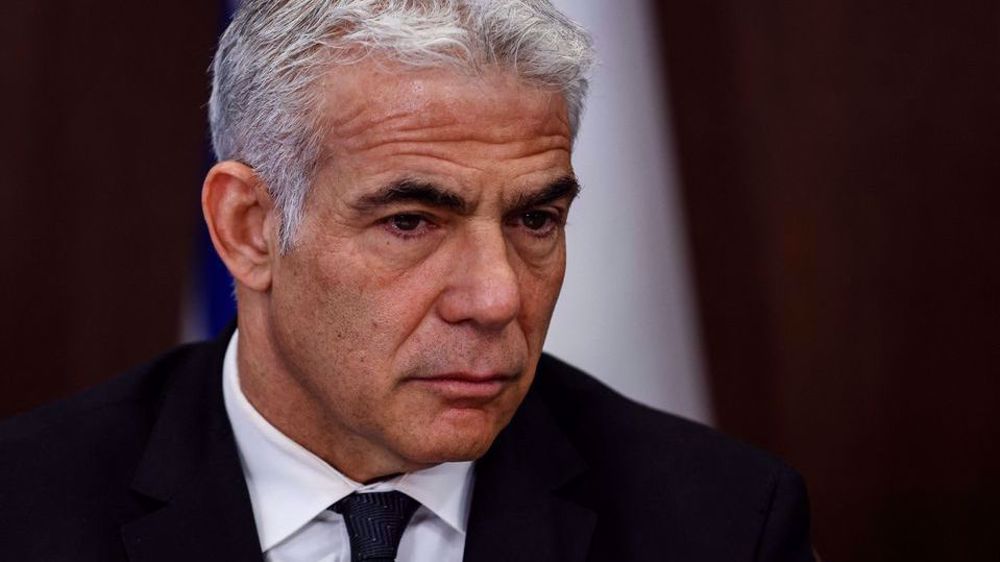
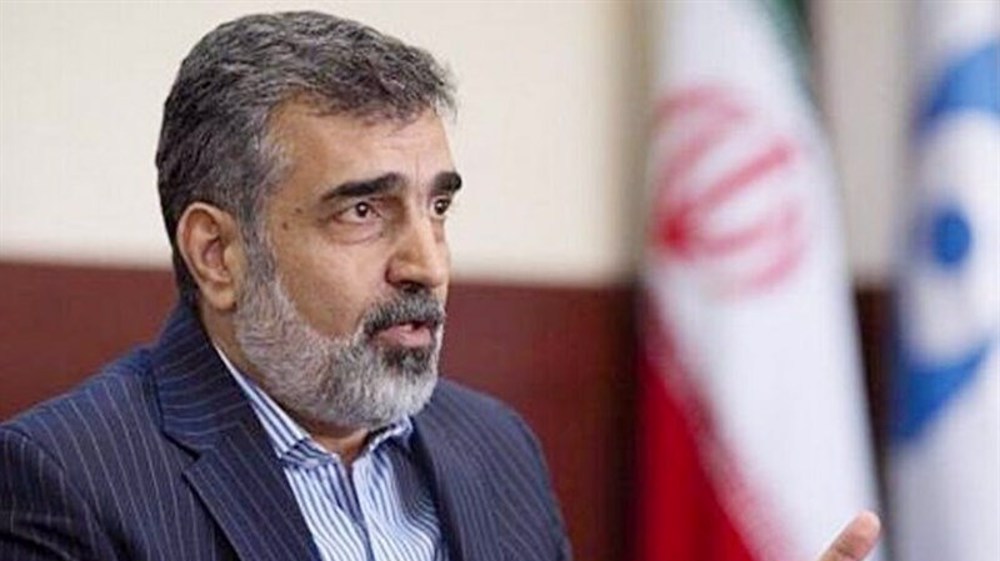
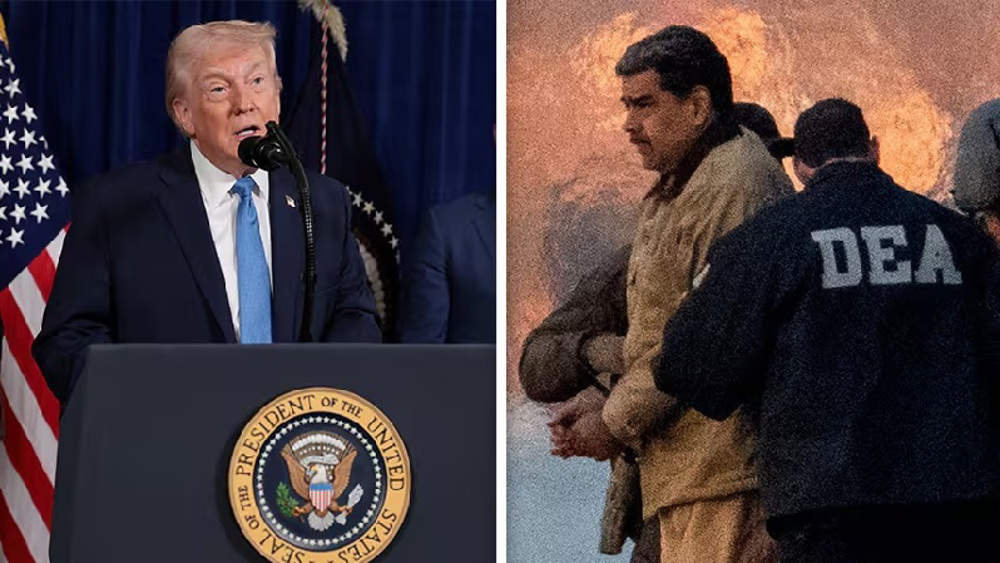
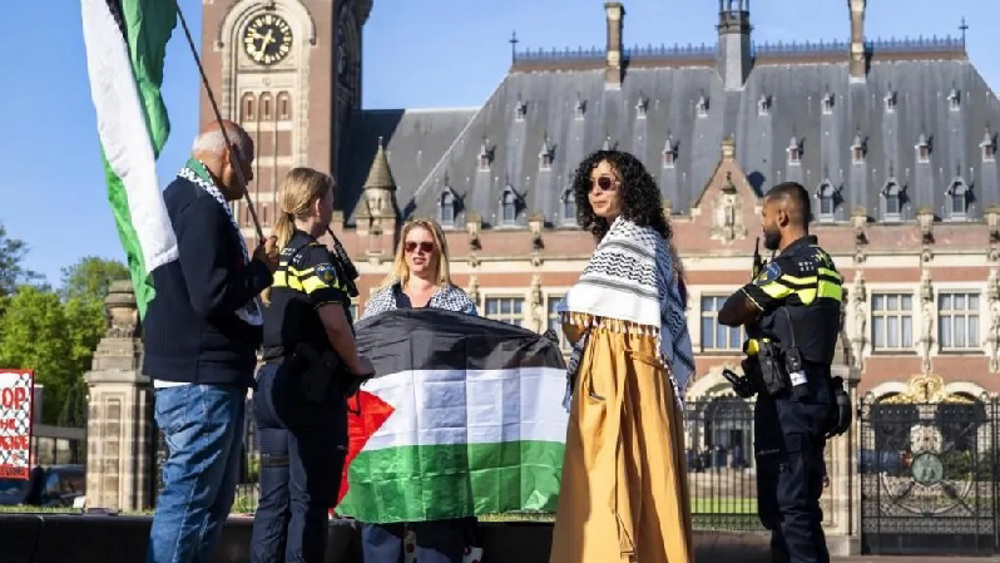
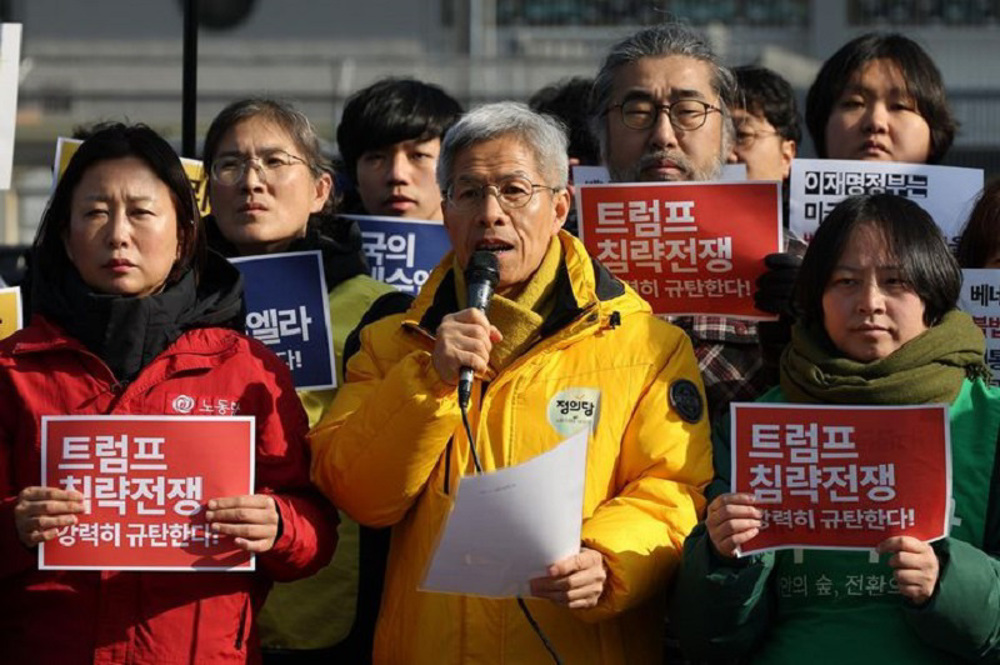



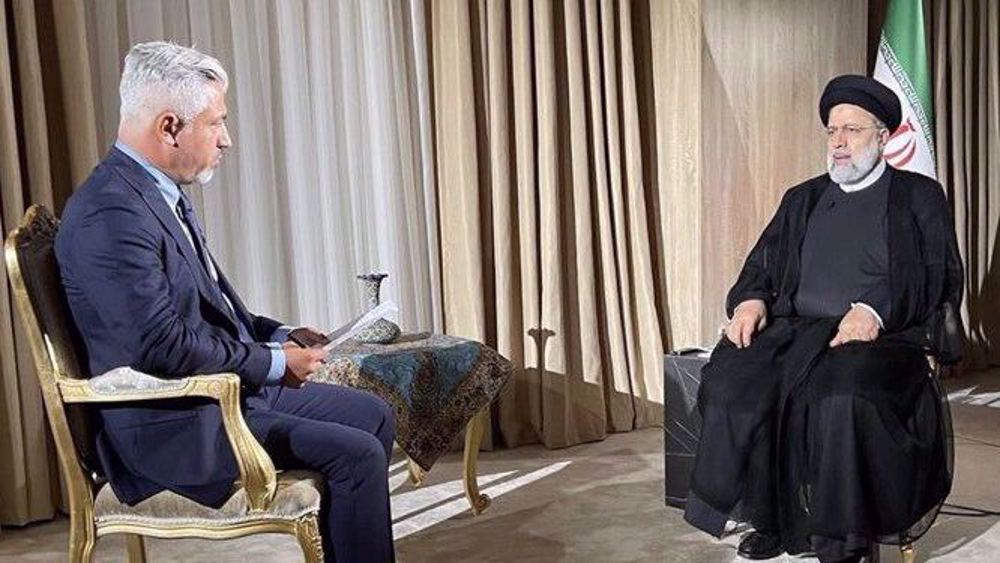
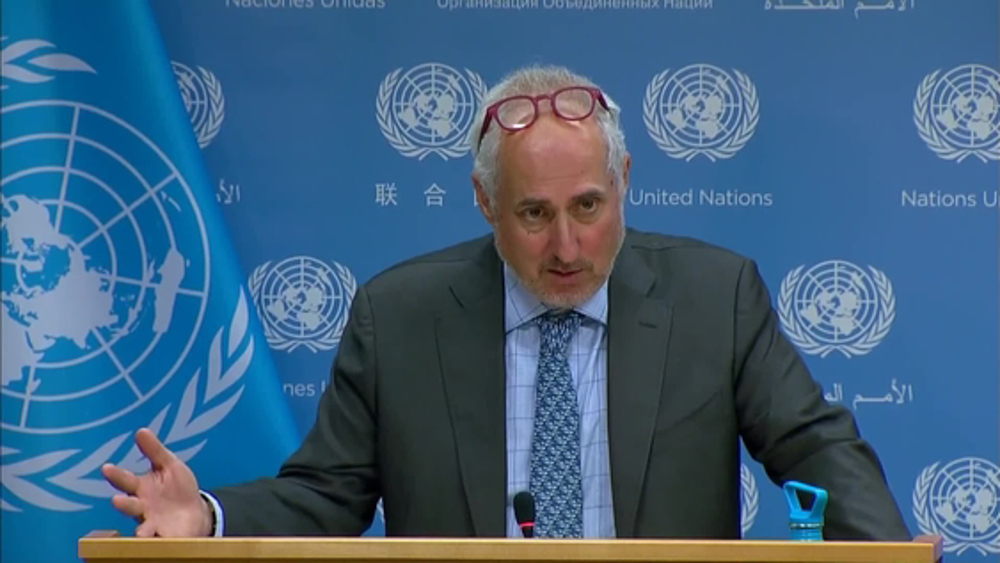
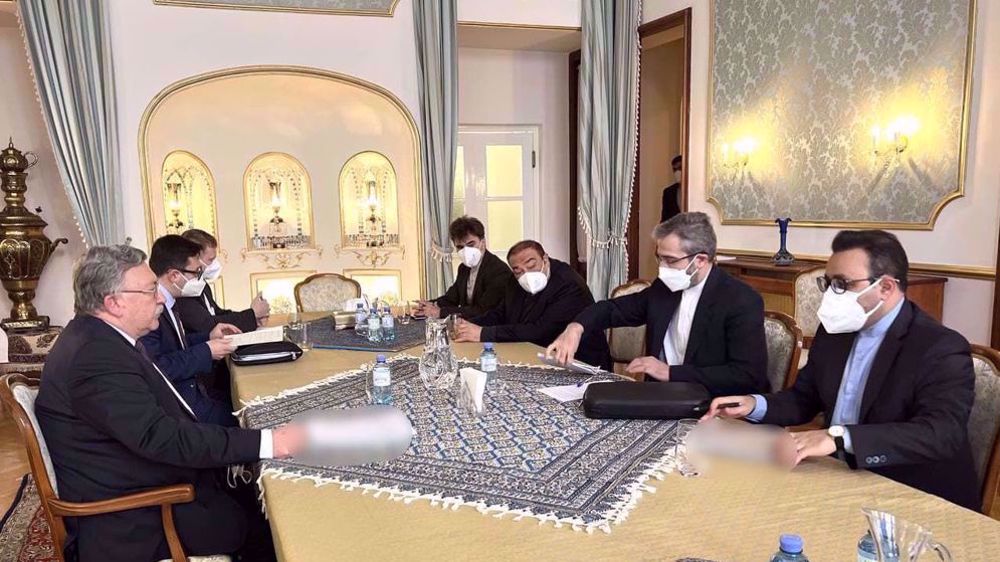
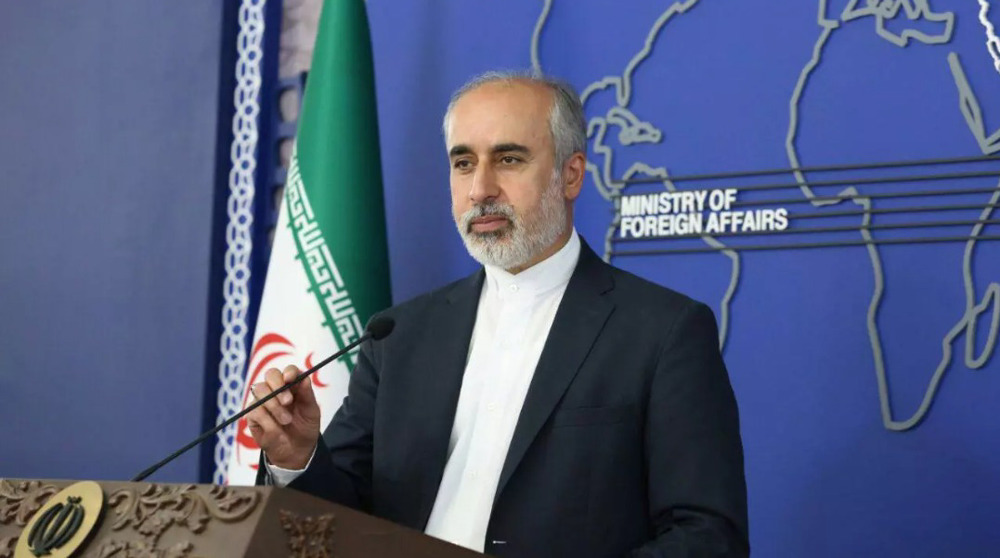
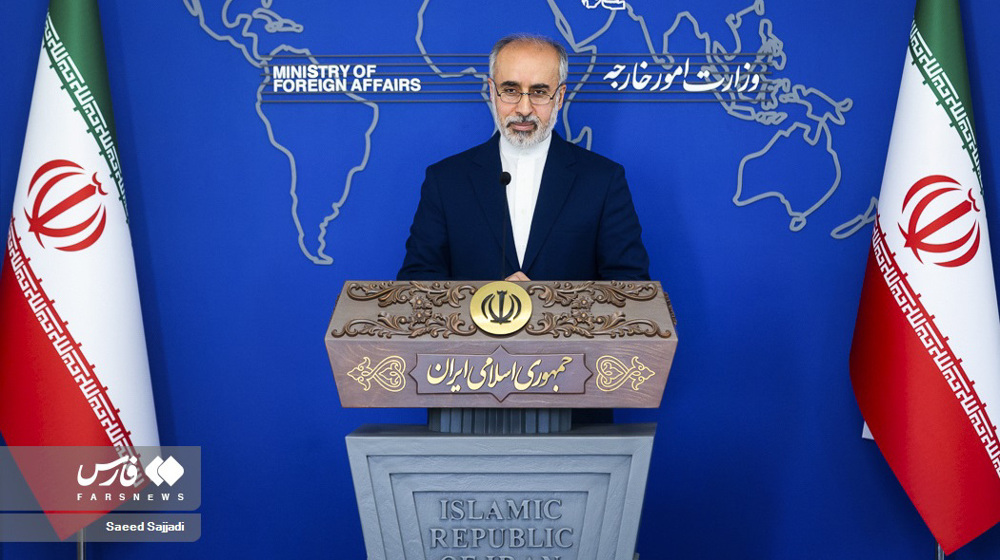
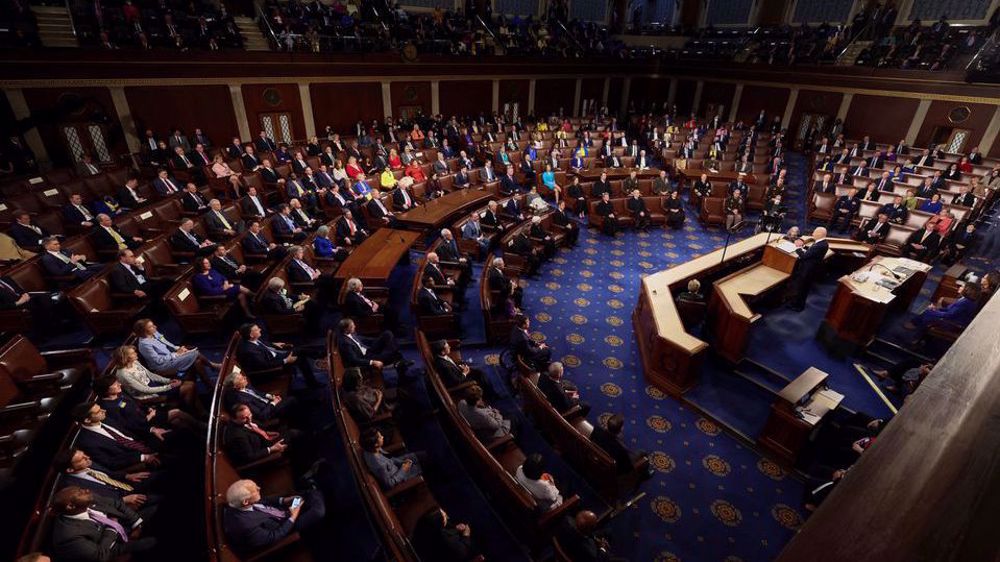
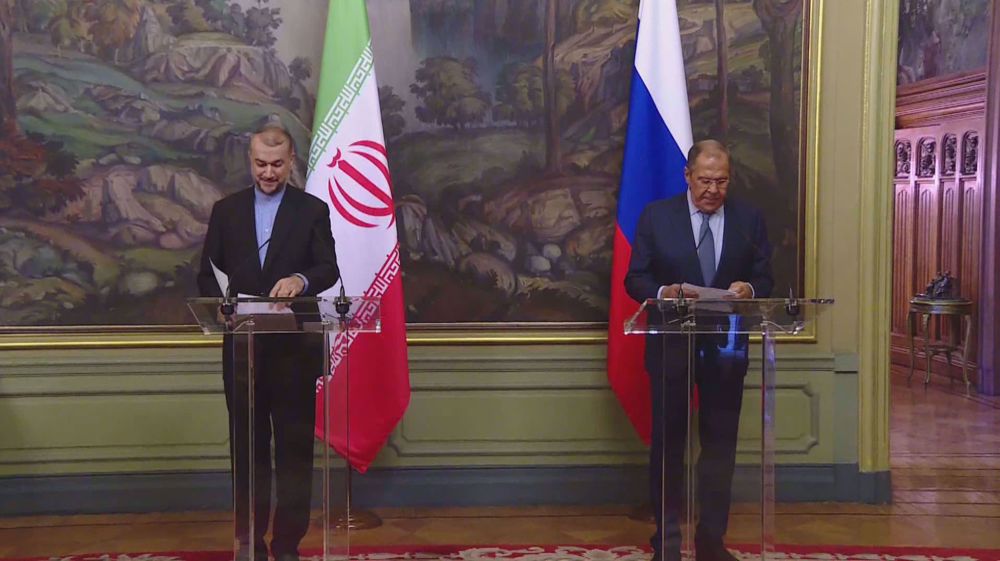
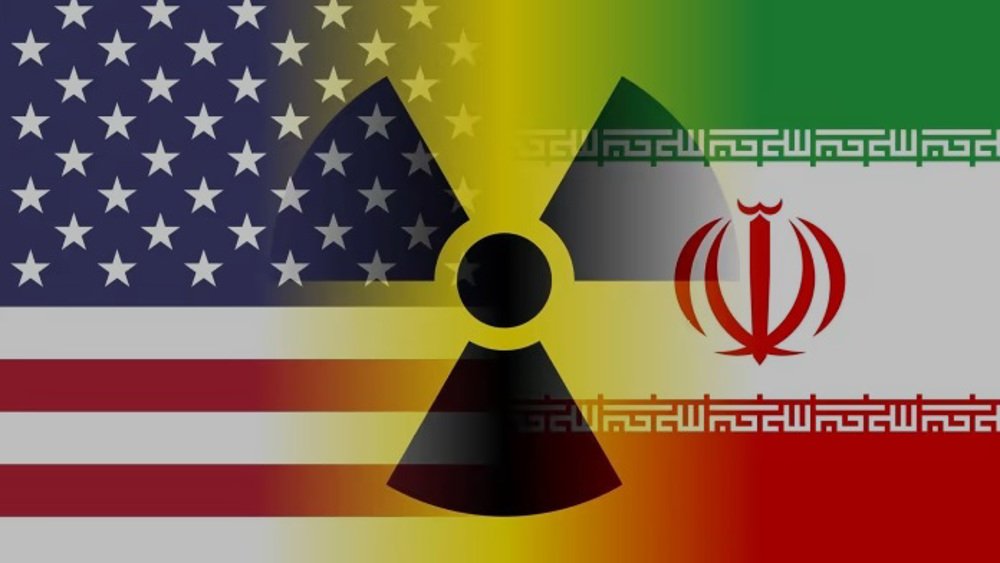
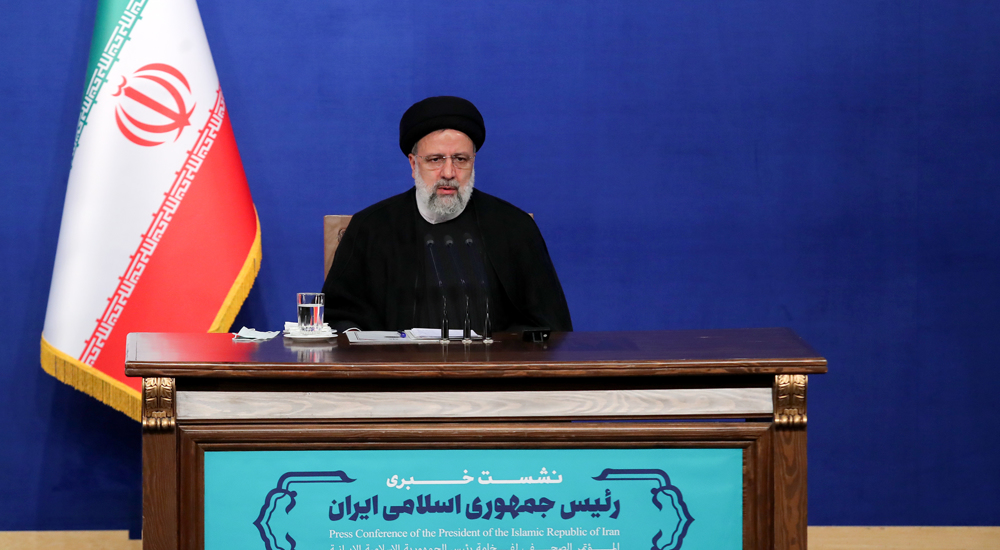

 This makes it easy to access the Press TV website
This makes it easy to access the Press TV website